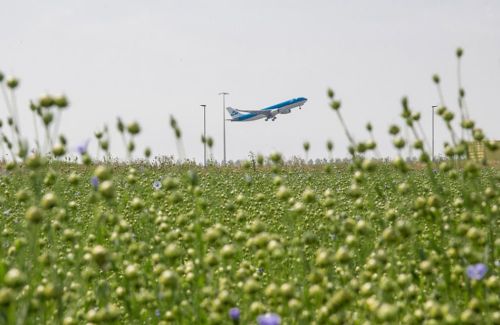Biokerosene
Schiphol is one of the airports in Europe where biokerosene is available. This makes an important contribution to the Climate Agreement objectives regarding sustainable aviation fuels. It was agreed that 14% of the fuel used to refuel at Dutch airports must be biofuel by 2030. Biokerosene is currently the only short-term solution to reduce the CO₂ that aircraft emit. It can reduce emissions by up to 80%.
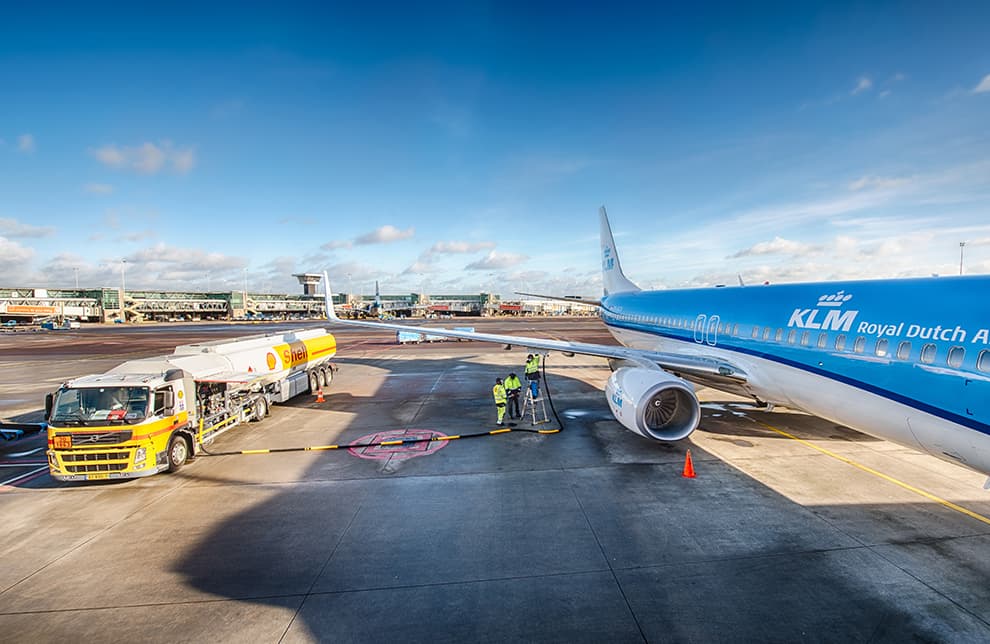
Investing in a new biokerosene plant
In an effort to boost biokerosene production, Schiphol Group is investing in Europe’s first sustainable aviation fuel refinery. It will be located in Delfzijl, Groningen province. Local waste flows will be used as the main raw material. The plant is being built by SkyNRG, a manufacturer of sustainable aviation fuel, and will be ready in 2028. When the plant is ready, it will produce 100,000 tonnes of sustainable fuel per year, along with 15,000 tonnes of sustainable propane as a by-product.
The plant will mainly use regional waste and residual flows as raw material. SkyNRG is working closely with KLM. Once the plant is up and running, KLM will purchase 75,000 tonnes of sustainable fuel each year. This makes KLM the first airline in the world to invest in sustainable aviation fuel on such a large scale.
Scaling up the use of sustainable kerosene
Between 2022 and 2024, Schiphol is freeing up a budget of 15 million euros to stimulate the use of sustainable fuel. Airlines that fly to and from Schiphol can take advantage of this incentive.
If you fly from Rotterdam The Hague Airport, you can use the online tool ‘Fly on SAF’. This digital resource allows you to lower the carbon emissions of your flight by replacing fossil kerosene with sustainable aviation fuel.
Schiphol Group is a partner in KLM’s Corporate SAF Programme
Schiphol Group is one of the partners in KLM’s Corporate Sustainable Aviation Fuel (SAF) Programme, which was started in 2011 in order to develop the sustainable fuels market. Aviation companies can invest in this programme. KLM uses the partner’s investments to bridge the price gap between regular and sustainable kerosene. KLM uses sustainable kerosene on its flights between Los Angeles and Amsterdam.
What we do for sustainability
-
To and from the airport
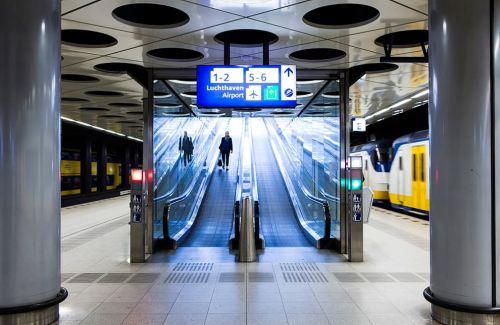
-
At the airport
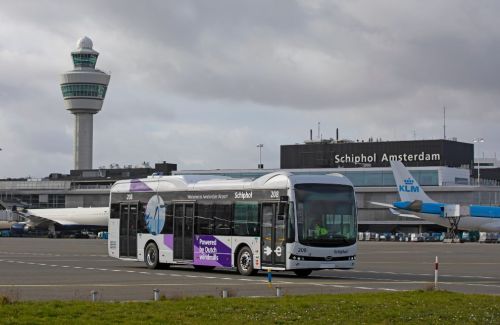
-
In the air
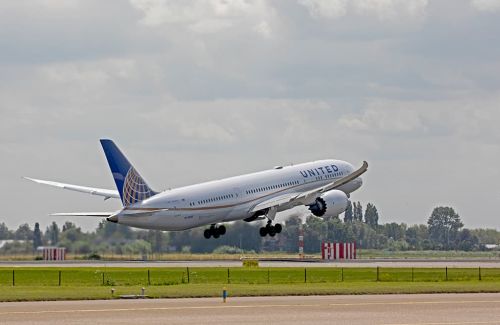
-
What can you do for the environment?
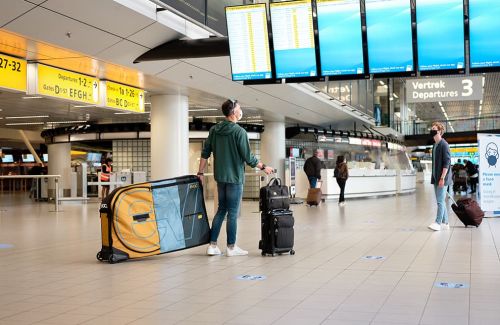
-
Sustainable living environment
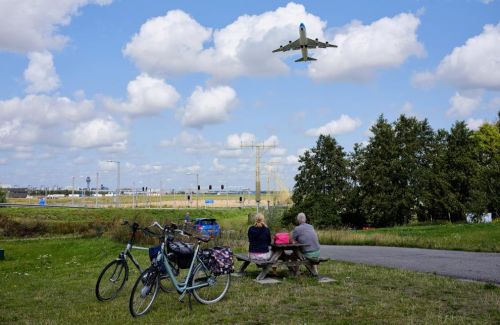
-
News
